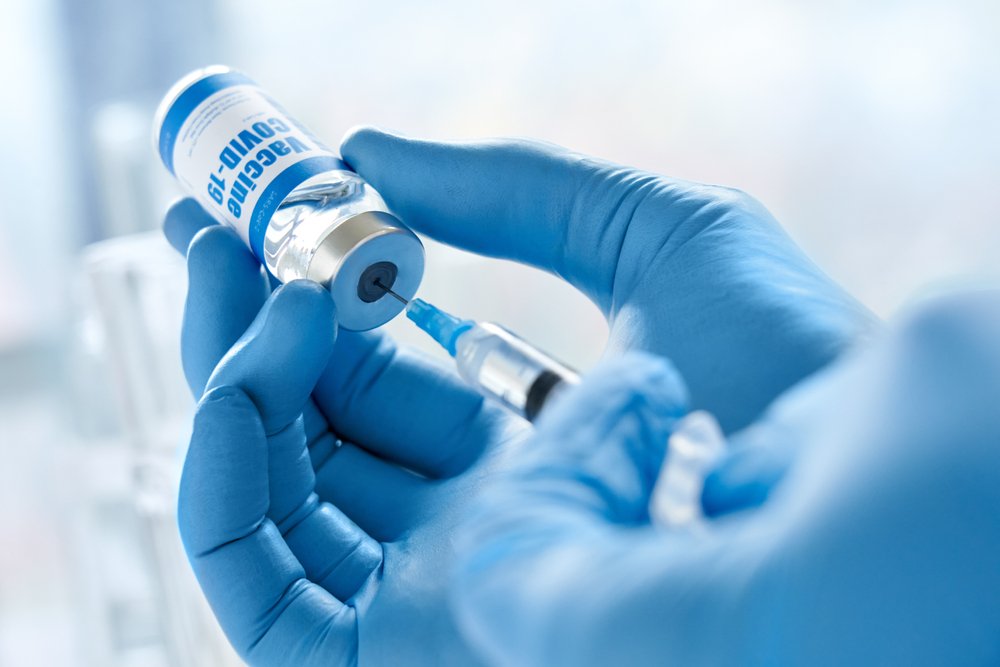NASSAU, BAHAMAS — Former Minister of Health Dr Duane Sands said the hesitancy expressed by healthcare workers and other organizations in The Bahamas toward taking the COVID-19 vaccine is “not to be taken lightly”, suggesting to Eyewitness News that the government needs to make more raw data available to these groupings and the public.
Asked about a scenario where the healthcare workers’ hesitancy toward the vaccine may have a domino effect on the general populous, Sands said: “This is not an insignificant thing, you know.
“You are asking people to take a mighty leap with very little data and yes, all over the world healthcare workers are among the least likely to take the vaccine, and particularly Black and brown healthcare workers.

“Now, what that means is a heck of a lot more education, making available more of the raw data, allaying some of the very real concerns, as opposed to saying: ‘You should take this.’
“This vaccine hesitation, as it relates to COVID, is not something to be taken lightly.
“It is something that you say ‘why are people hesitant; let us try and address their concerns; let us make sure that these issues that they are raising are dealt with’, as opposed to simply saying ‘take this and shut up.’”
In separate interviews with Eyewitness News, healthcare professionals, including laboratory staff and the consultant physicians; the Bahamas Public Services Union (BPSU), which represents thousands of public servants; and other bodies have expressed mixed views of the COVID-19 vaccine.
For example, Medical Microbiologist Dr Jessica Edwards said laboratory staff will likely “ease into it a little bit quicker than the general populous, but I don’t think they are ready yet”.
The Police Staff Association (PSA) has said officers will trust and follow the advice of medical professionals on the vaccine and are willing to take it.
Royal Bahamas Defence Force Commodore Raymond Dr King said that following extensive consultation with the marines and senior members of the organization, the defense force will follow suit with the government and allow marines to choose whether to take the COVID-19 vaccine when it arrives in-country.
King said the general consensus of those meetings was that “the general body is still apprehensive about the vaccine and were grateful for the briefing sessions to obtain greater clarity on the matter”.
BPSU President Kimsley Ferguson told Eyewitness News he was not satisfied the public has been fully appraised on the impact of the vaccine and will await more empirical data.
The government has assured vaccination will be voluntary.
The Bahamas is expected to receive 100,000 doses of AstraZeneca in two tranches beginning this month.
Vaccine hesitancy has been a challenge the world over.
An analysis in the United Kingdom, where a more contagious variant of the virus has surged, showed disparities in vaccine uptake among healthcare workers, those under 30 and those in the most deprived areas.
For example, while 71 percent of Caucasian staff took the vaccine shot, only 59 percent of South Asian and 37 percent of Black staff had received the vaccine.
The finding has implications on ongoing vaccination programs and the ability of the country to reach herd immunity.






